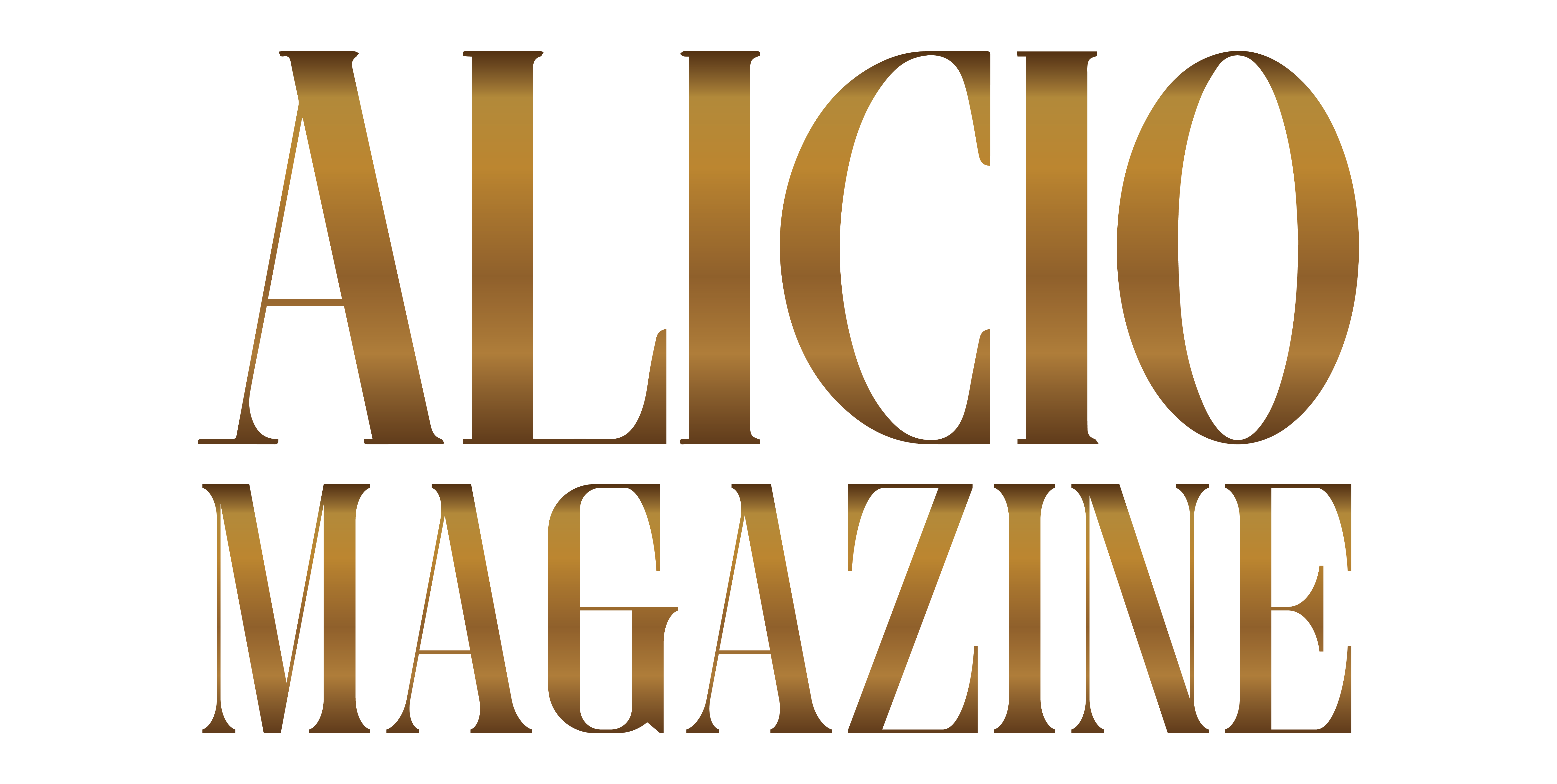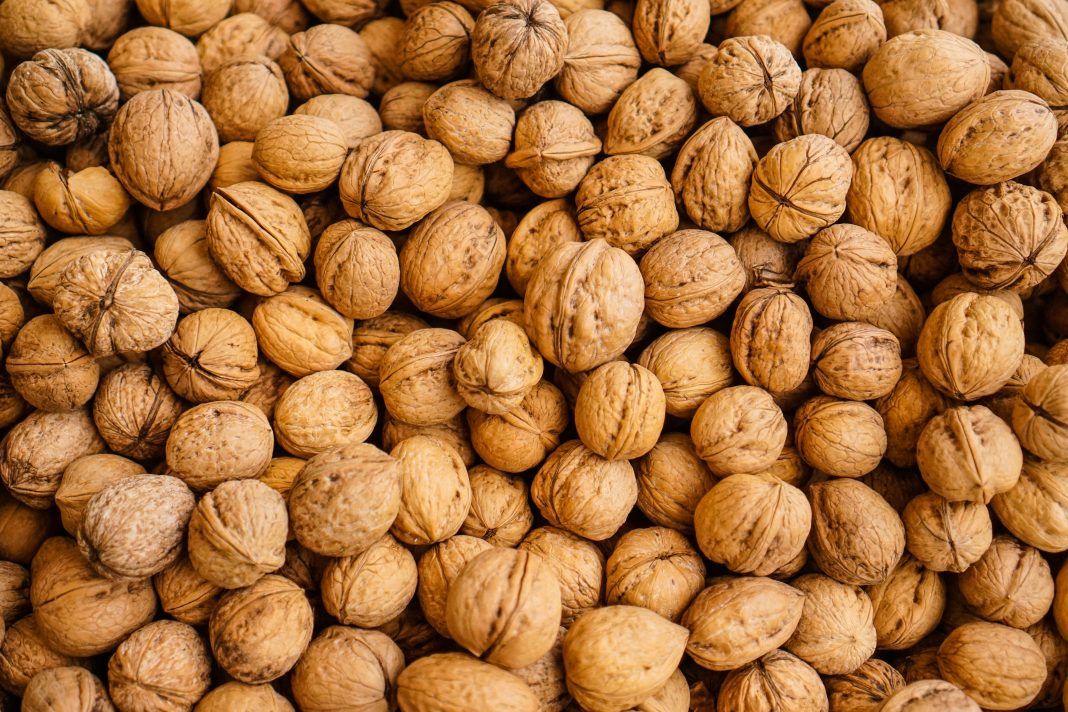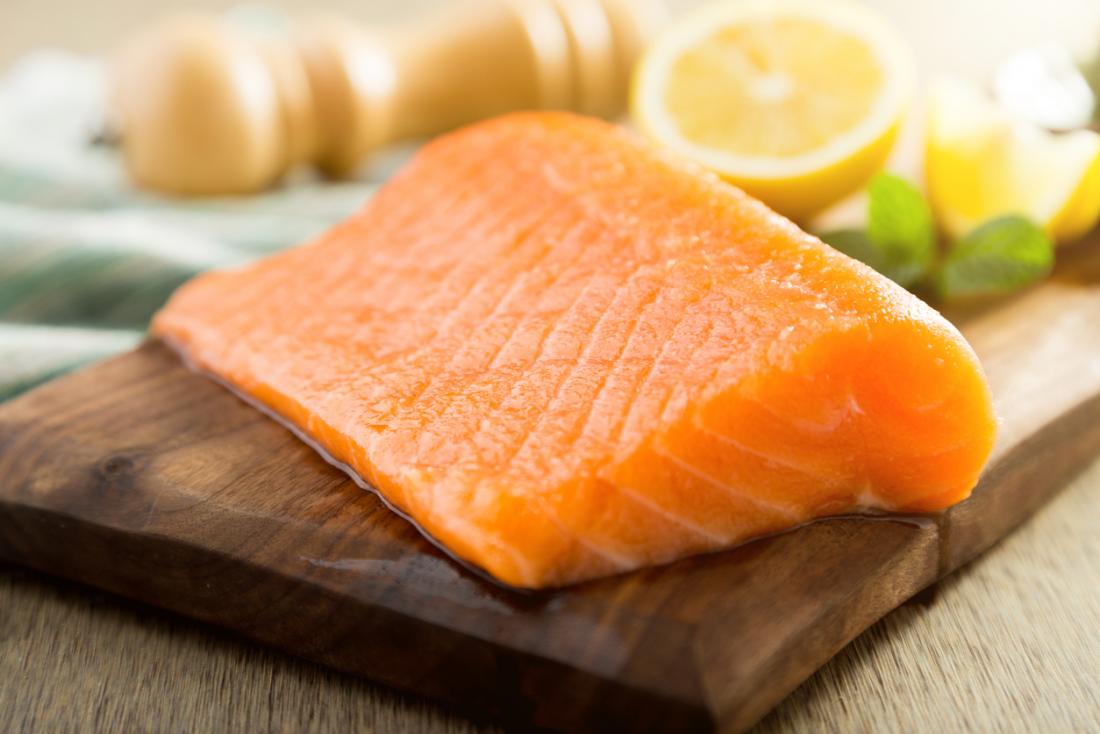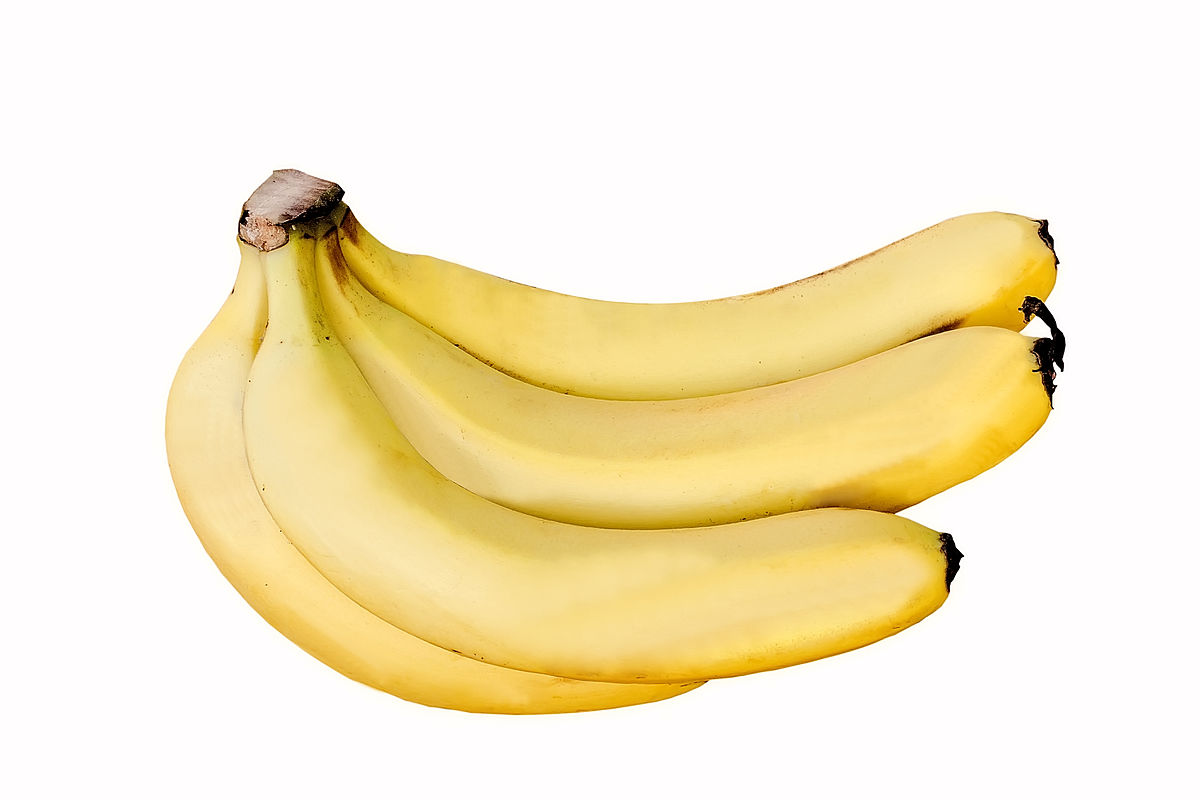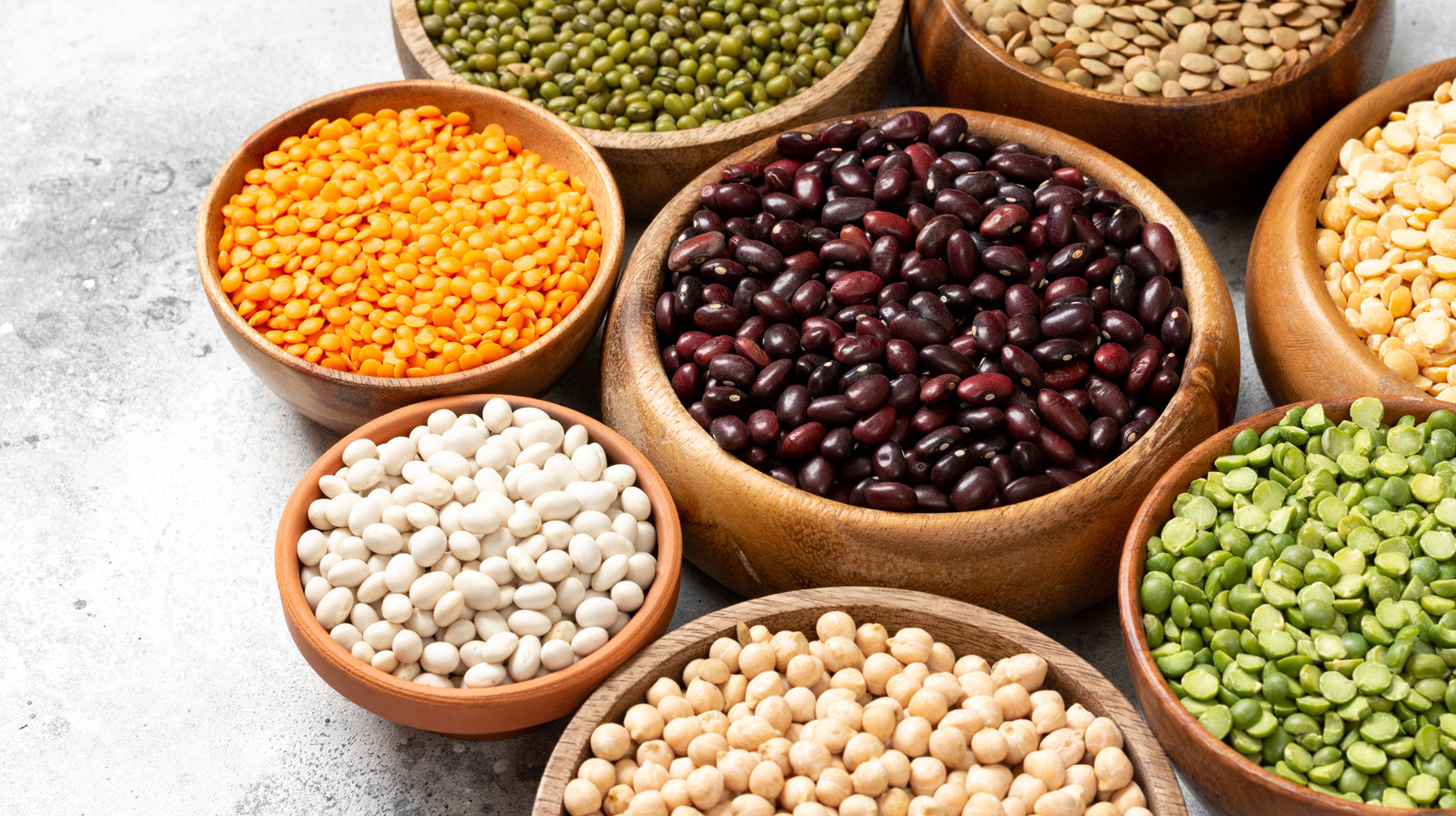Certain foods contain compounds that may impact the neurotransmitters dopamine, serotonin, and GABA, possibly brightening your mood. Healthy mood-boosting foods include bananas, oats, berries, and nuts, among others.
You may wonder whether healthy foods can improve your mood. Research on the relationship between nutrition and mental health is emerging, but some suggests a connection between diet and mood.
1. Fatty fish
Fatty fish like salmon and albacore tuna are rich in two types of omega-3s — docosahexaenoic acid (DHA) and eicosapentaenoic acid (EPA) — that are linked to lower levels of depression in a 2022 research review.
One 2018 review of clinical trials shows that consuming omega-3s in fish oil may lower depression scores.
Adults should consume at least 250 to 500 milligrams (mg) of combined EPA and DHA daily.
Given that a 3.5-ounce (100-gram [g]) serving of cooked salmon provides 1,841 mg of EPA and DHA, eating this fish, along with tuna or herring, a few times per week is a great way to add these fats into your diet.
-
Dark chocolate
Dark chocolate may improve mood by releasing a cascade of feel-good and health-promoting compounds, including:
- polyphenols
- flavonoids
- vitamins
- minerals
- oleic acid
More research is needed to determine whether chocolate contains enough of these compounds to offer a mood-boosting effect.
It’s best to opt for dark chocolate, which is higher in flavonoids and lower in added sugar than milk chocolate. You should stick to 1 to 2 small squares of 70 percent or more cocoa solids at a time since it’s a high calorie food.
Also choose dark chocolate with lower sugar content.
-
Fermented foods
Fermented foods may improve gut health and mood. Healthy examples include:
Fermentation creates probiotics. These live microorganisms support the growth of beneficial bacteria in your gut and may increase serotonin levels.
The gut microbiome plays a role in brain health. Research shows a connection between beneficial gut bacteria and lower rates of depression. Still, more is needed to understand how probiotics may affect mood.
-
Bananas
Bananas are high in vitamin B6, which helps create feel-good neurotransmitters like dopamine and serotonin.
One ripe banana (115 g) provides 18 g of sugar and 5.3 g of dietary fiber.
When paired with fiber, sugar slowly releases into your bloodstream, allowing for stable blood sugar levels and better mood control. Blood sugar levels that are too low may lead to irritability and changes in mood.
Pairing bananas with a healthy protein or fat may also help slow absorption and steady glucose levels. For example, bananas and peanut butter or adding a banana to a balanced breakfast.
Bananas are excellent sources of prebiotics, especially when slightly underripe with a little green on the peel.
Prebiotics, a type of fiber, feed beneficial bacteria in your gut. A robust gut microbiome is associated with lower rates of mood disorders.
How bananas affect diabetes and blood sugar levels.
-
Oats
Oats are an excellent source of fiber, providing 10 g of dietary fiber per 100 g serving of rolled oats.
A 2019 study of postmenopausal women suggests that higher dietary fiber intake is associated with a higher reported mental health quality of life, which includes depressive symptoms.
Oats are also a great source of iron, with 100 g boasting 54 percent of the daily need of adults over 51.
Iron deficiency anemia, one of the most common nutrient deficiencies, has symptomsthat include:
- fatigue
- sluggishness
- mood disorders
Research from 2020 suggests that older adults may experience a more depressed mood if they’re also deficient in iron, but more research is needed.
-
Berries
Eating more fruits and vegetables is linked to lower rates of depression.
Although the mechanism isn’t clear, a diet rich in antioxidants may help manage inflammation associated with depression and other mood disorders.
Berries pack a wide range of antioxidants and phenolic compounds, which play a key role in combatting oxidative stress. They’re particularly high in anthocyanins, a pigment that gives certain berries their purple-blue color.
One 2023 study found that diets higher in anthocyanins were associated with improved scores of depression symptoms in adults with and without major depressive disorder.
If you can’t find them fresh, try buying frozen berries for similar health benefits.
-
Nuts and seeds
Nuts and seeds are high in:
They provide tryptophan, an amino acidresponsible for producing mood-boosting serotonin. Sources include:
Nuts and seeds are components of the MINDand Mediterranean diets, which may support brain health. Both diets promote fresh, whole foods and limit your intake of ultra-processed foods.
A 10-year study of 15,980 people links the Mediterranean diet to a 23 percent lower risk of depression.
Certain nuts and seeds, such as Brazil nuts, almonds, and pine nuts, are good sources of zinc and selenium, which are important for brain function. Zinc or selenium deficiency is associated with higher rates of depression,although more research is needed.
-
Coffee
The caffeine in coffee prevents a naturally occurring compound called adenosine from attaching to brain receptors that promote tiredness, increasing alertness and attention.
Coffee also increases the release of mood-boosting neurotransmitters such as dopamine and gamma aminobutyric acid (GABA).
A 2019 study of 70 adults found that both caffeinated and decaffeinated coffee may significantly improve mood, with caffeinated coffee showing a higher mood improvement. Still, more research is needed.
-
Beans and lentils
Beans and lentils are:
- high in fiber
- a plant-based protein
- an excellent source of B vitamins
B vitamins help improve mood by increasing levels of important mood-regulating neurotransmitters such as:
- serotonin
- dopamine
- GABA
Low levels of these B vitamins — especially B12, B6, and folate (B9) — have been linked to mood disorders, such as depression.
The takeaway
Several healthy foods may help boost your mood if you’re in need of a pick me up.
Some healthy foods you might want to try reaching for the next time you’re looking for a positivity boost are berries, oats, or fermented foods, among others.
Cre: HEALTHLINE
